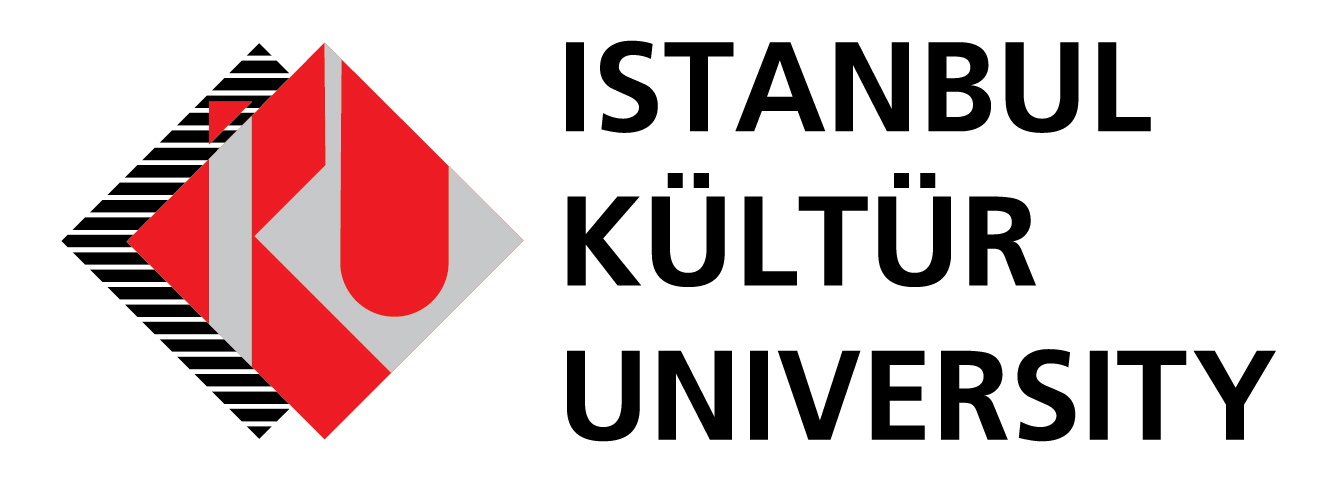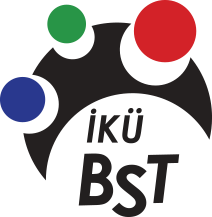Purpose
The mentoring component of RISE is designed to foster a culture of collegial support, shared growth, and reflective practice among instructors. While the mentoring process is especially valuable for new instructors as they transition into IKU SFL, it also creates opportunities for experienced instructors to engage in meaningful peer collaboration and leadership.
Key Goals and Core Principles
Reciprocity: Mentoring is a two-way process where both mentor and mentee grow.
Confidentiality: All mentoring conversations are held in a trusted, non-evaluative environment.
Developmental Focus: The aim is not to supervise but to support professional adjustment.
Structure & Components
Mentor Assignment
New instructors are matched with experienced colleagues based on department, teaching background, or identified areas of interest. Matches are made during Week 1 by the Professional Development Commission. In cases where there are more experienced instructors than new hires or when all new instructors have been matched, the remaining instructors are paired through a reverse mentoring model. In this arrangement, a newer instructor with expertise in areas like digital tools, gamification, or current teaching trends is matched with a more experienced colleague. This allows for mutual learning, fresh perspectives, and an inclusive mentoring structure that benefits all.
Initial Meeting
During the first two weeks of the semester, the mentor and mentee meet to set expectations, establish goals.
Observation & Feedback (Optional but Encouraged)
Mentors may observe one of their mentee’s lessons (or vice versa). This is not evaluative but intended to open dialogue around classroom decisions, strategies, and learner engagement.
Shared Resource Exchange
Mentors can introduce mentees to useful resources, such as previous lesson plans, activity templates, institutional documents, or reliable external tools.
Mid-Semester Reflection
Mentors and mentees complete a short reflection on the process, identifying what was helpful and what future support might be needed. This remains private unless both parties opt to share feedback with the PD Commission.


